Easy Actions to Reduce Your Waste
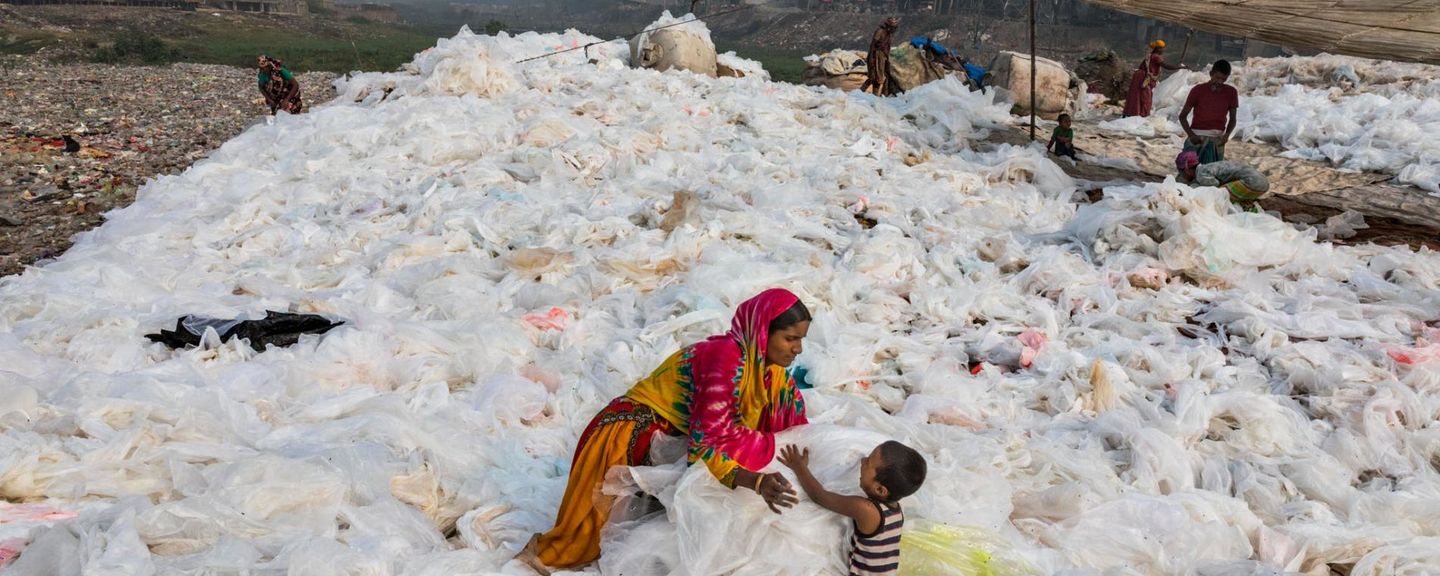
6 pain-free ways you’ll help reduce the impact plastic is having on animals, people and our planet.
In a world that can seem overwhelmed by plastic waste you can make a difference. The behaviour of "Throw it away, and eventually it will go away?” is being effectively replaced with the more responsible “circular economy” model, in which everything is reused or recycled and any ‘leakage’ into the environment, whether biodegradable or not, is not acceptable.
But you can make a difference!
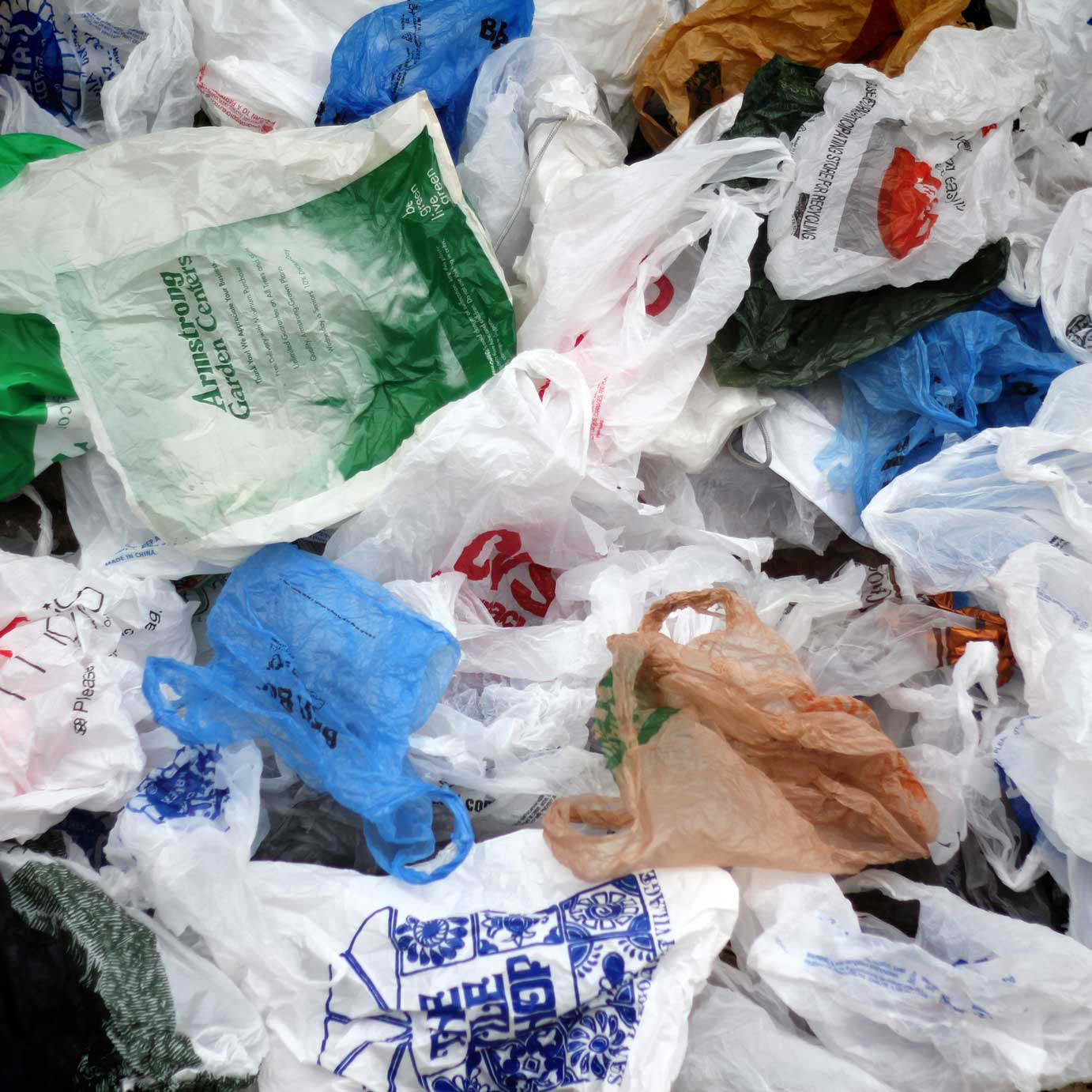
1. Give up plastic bags
Take your own reusable ones to the store. A trillion plastic shopping bags are used worldwide every year, and 100 billion in the United States alone—that’s almost one per American per day. The average Dane, in contrast, goes through four single-use bags per year. Denmark passed the first bag tax in 1993.
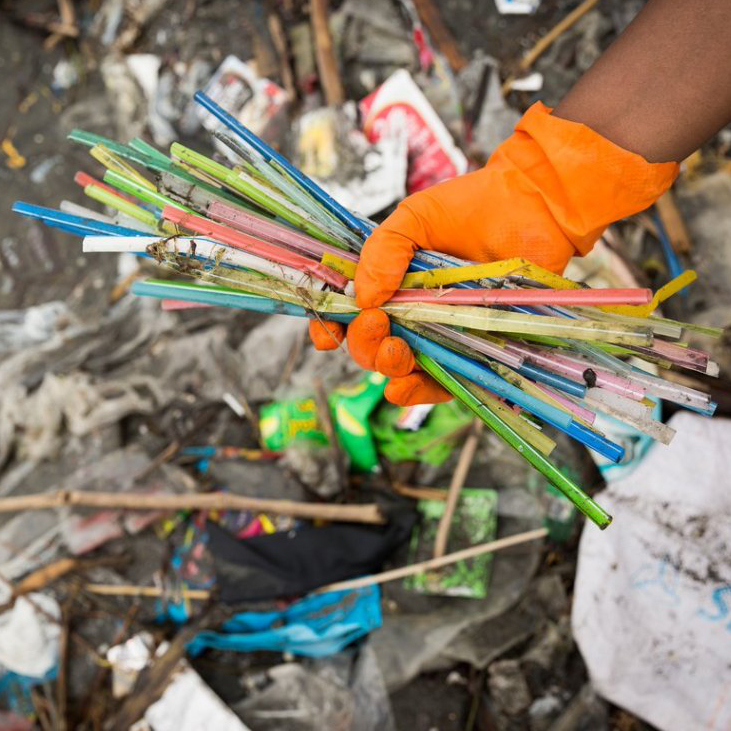
2. Skip straws
Unless you have medical needs, and even then you could use metal or paper ones. Americans toss 500 million plastic straws every day, or about 1.5 per person.
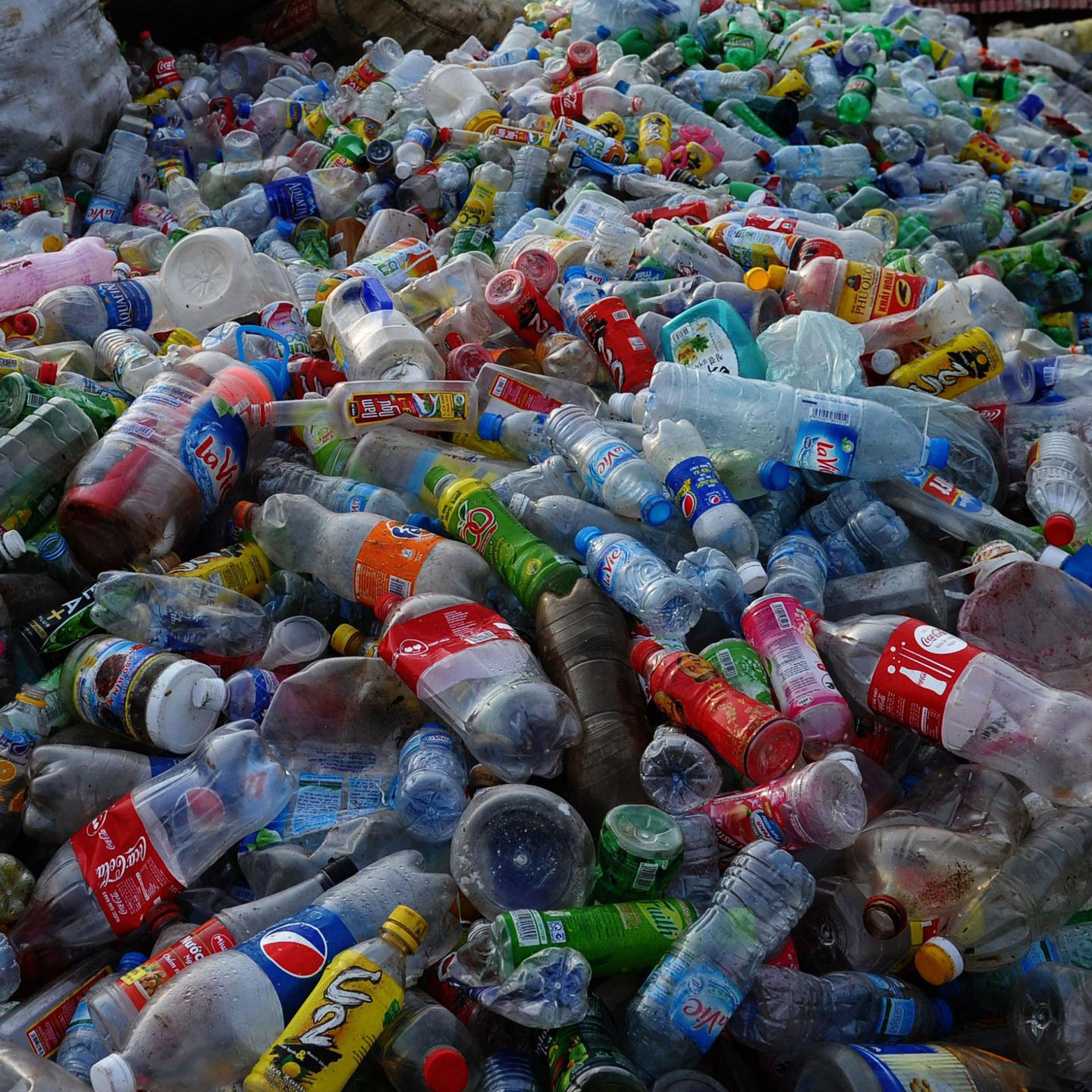
3. Pass up plastic bottles
Invest in a refillable water bottle. Some come with filters if you’re worried about water quality. A handful of places, including Bundanoon, Australia, and San Francisco, have banned or partially banned bottled water. But around the world, nearly a million plastic beverage bottles are sold every minute.
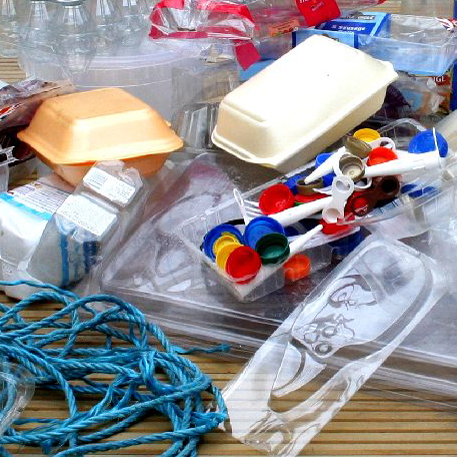
4. Avoid plastic packaging
Buy bar soap instead of liquid. Buy in bulk. Avoid produce sheathed in plastic. And while you’re at it, give up plastic plates and cups. The French are (partially) banning the stuff.
5. Recycle what you can
Even in wealthy countries, recycling rates are low. Globally, 18 percent of all plastic is recycled. Europe manages 30 percent, China 25—the United States only 9.
6. Don’t litter
The Ocean Conservancy has run beach cleanups for 30 years. Of the top 10 types of trash they find, the only nonplastic item is glass bottles. Worldwide, 73 percent of beach litter is plastic: cigarette butts (the filters), bottles and caps, food wrappers, grocery bags, polystyrene containers. In 2016 the conservancy collected 9,200 tons of trash in 112 countries—around a thousandth of what enters the ocean each year.